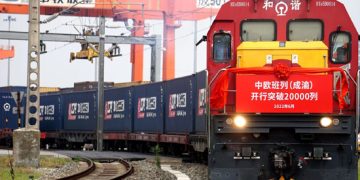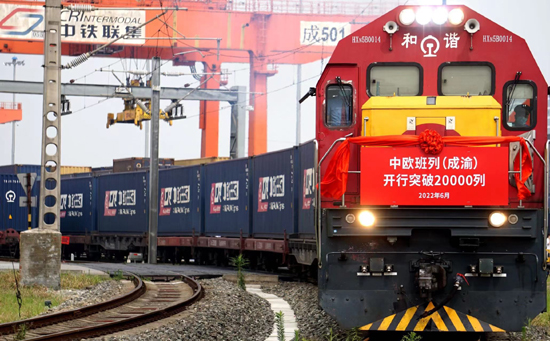In 2013, Chinese President Xi Jinping proposed the Belt and Road Initiative (BRI). To date, 149 countries and 32 international organizations have now joined the initiative in the spirit of win-win cooperation and the concept of building a community with a shared future for mankind.
As the well-known Chinese saying goes, “If you want to get rich, build a road first.” Since China adopted its reform and opening-up policy in 1978, it has experienced tremendous development in all major sectors. As part of the reform and opening-up policy, China has been developing viable transport alternatives. The recent China-Europe freight rail is an excellent example. The fundamental necessity of advancing modern infrastructure in the forms of electrical power and modern transport systems, both road and rail, are the bottlenecks that need to be overcome in developing countries, to overcome global poverty.
At present, the problem with the traditional international financial institutions, in the West primarily, has failed to achieve the necessary infrastructure investment in developing countries in Africa, Latin America and other parts of the world.
The BRI is the foundation for global development and the elimination of poverty. Since the launch of the BRI, new forms of international institutions have emerged to finance infrastructure development, such as the Asian Infrastructure Development Bank, the Silk Road Fund and the BRICS New Development Bank. These are important alternatives to the existing insufficient financing of the present global system. In my view, the BRI is a pathway that represents a bright future for mankind. – People’s Daily
- Latest
- Trending





